Directory
- Share
Flavius Schackert
- Alumni
- Germany
- 2005 MPhil Physics
- Wolfson College
Flavius Schackert
- Alumni
- Germany
- 2005 MPhil Physics
- Wolfson College
After having studied 2 1/2 years in Germany and 2 1/2 years in France, I am excited about the upcoming time in England. The Gates Cambridge Scholarship will allow me to study in one of the world's most famous physics departments. Being part of the Gates Scholars community will give me the possibility to meet interesting and diverse people from all around the world.
Bridgitte Schaffer
- Alumni
- United States
- 2001 PhD Anglo Saxon
- Girton College

Bridgitte Schaffer
- Alumni
- United States
- 2001 PhD Anglo Saxon
- Girton College
Chloe Schama
- Alumni
- United States
- 2007 MPhil English Studies
- Christ's College
Chloe Schama
- Alumni
- United States
- 2007 MPhil English Studies
- Christ's College
I'm at Cambridge to do an Mphil in Culture and Criticism in the English Department having spent the past two years working for a magazine in Washington, DC.
Jost Schatzmann
- Alumni
- Germany
- 2003 PhD Engineering
- Darwin College
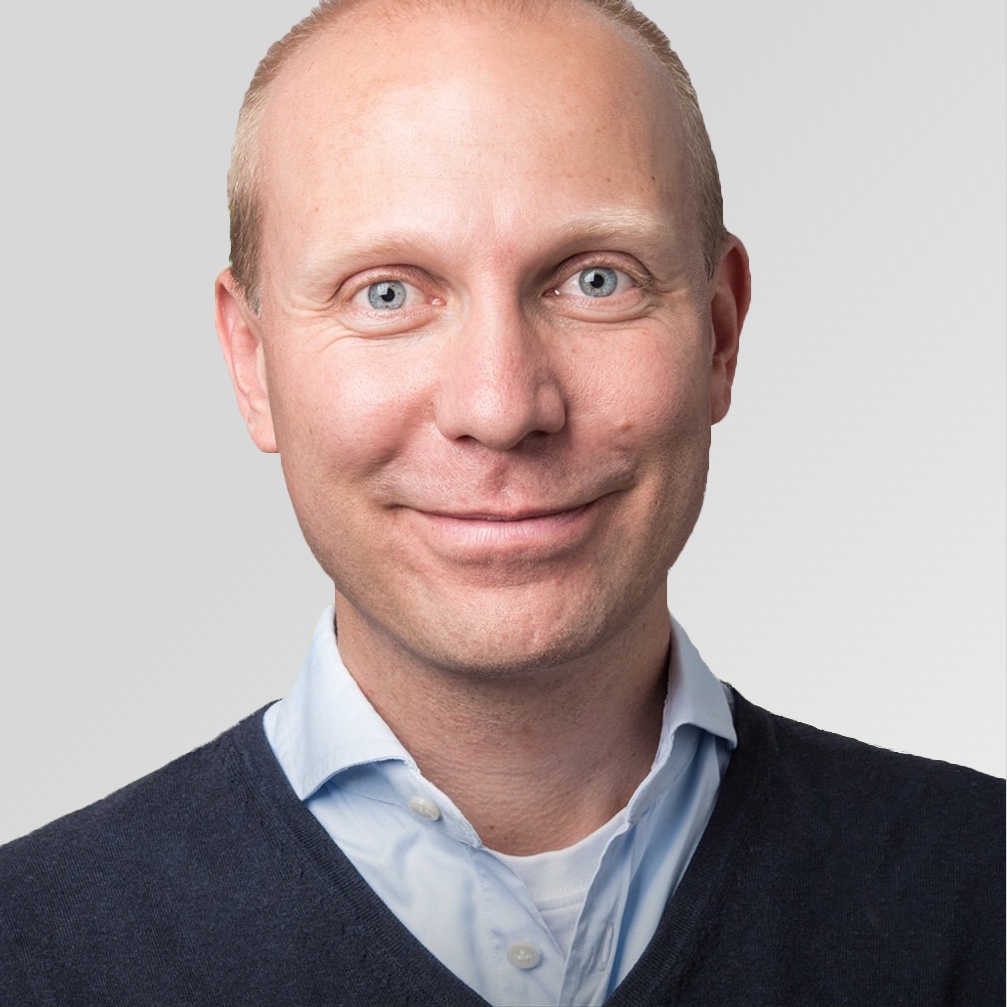
Jost Schatzmann
- Alumni
- Germany
- 2003 PhD Engineering
- Darwin College
Managing Director at Honeypot.io
Birke-Siri Scherf
- Alumni
- Germany
- 2001 PgC History of Art
- Gonville and Caius College

Birke-Siri Scherf
- Alumni
- Germany
- 2001 PgC History of Art
- Gonville and Caius College
Rebekah Scheuerle
- Alumni
- United States
- 2013 PhD Chemical Engineering
- St John's College
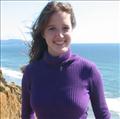
Rebekah Scheuerle
- Alumni
- United States
- 2013 PhD Chemical Engineering
- St John's College
I am so honored to be pursuing my PhD in chemical engineering at Cambridge! I will be studying biopharmaceutical development and drug delivery in the lab of Dr. Nigel Slater. Although therapeutic development is necessary globally, the world is in desperate need of affordable, optimized therapies and diagnostics for resource-limited environments. Millions of people do not have access to the electricity and refrigeration required for many current medical treatments. I hope to use my experience in polymeric drug delivery from The University of Texas, microfluidic diagnostics from U.C. Berkeley, vaccine commercialization from Merck Sharp and Dohme, and antibody purification development from Genentech to support me in my graduate studies. I plan on using the skills I acquire at Cambridge in a future career developing biotechnology-based solutions to world health problems.
Previous Education
University of Texas Austin BSc Chemical Engineering 2013
Norma Schifano
- Alumni
- Italy
- 2011 PhD Italian
- Clare College

Norma Schifano
- Alumni
- Italy
- 2011 PhD Italian
- Clare College
I am Associate Professor in Modern Languages at the University of Birmingham. I specialise in the comparative morphosyntax of the Romance languages, with a particular focus on the documentation of non-standard and endangered varieties, phenomena of language contact and microvariation.
Abigail Schipper
- Scholar
- United States
- 2025 MPhil Engineering
- King's College
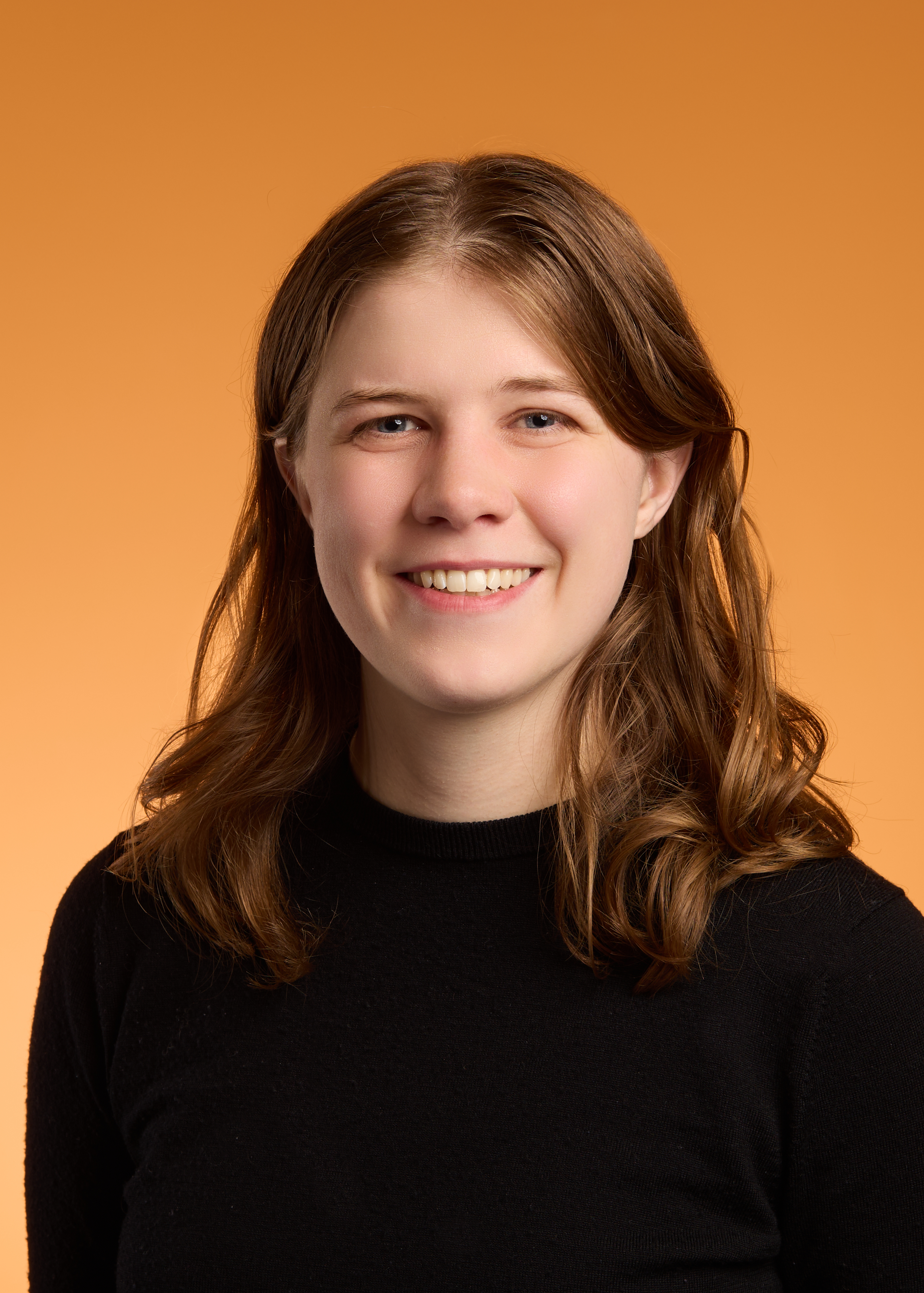
Abigail Schipper
- Scholar
- United States
- 2025 MPhil Engineering
- King's College
I grew up in Portland, OR and attended MIT where I earned an S.B. in Engineering, concentrating in Mechanical Engineering and Biomedical Devices. When I entered college in the Fall of 2020 in the middle of the COVID-19 pandemic, I wanted to help in whatever way I could, so I began volunteering as an Emergency Medical Technician with MIT Emergency Medical Services. I provided treatment and transport for people who called 911 throughout the Boston area. My experiences on the ambulance revealed to me many of the systemic issues in the emergency medical system, and I began pursuing opportunities to try and fix these issues. I researched novel drug delivery devices for areas with limited surgical capabilities and I started an organization, LifeSaveHer, that seeks to eliminate the gender disparity in out-of-hospital cardiac arrest survival rates. At Cambridge, I’ll be studying health care systems engineering, focusing on pre-hospital trauma systems in low and middle income countries. My goal is to make more equitable and efficient pre-hospital systems that can improve community safety and wellbeing.
Previous Education
Massachusetts Institute of Technology Engineering
Tatjana Schmidt
- Scholar
- Germany
- 2022 PhD Clinical Neurosciences
- St Catharine's College
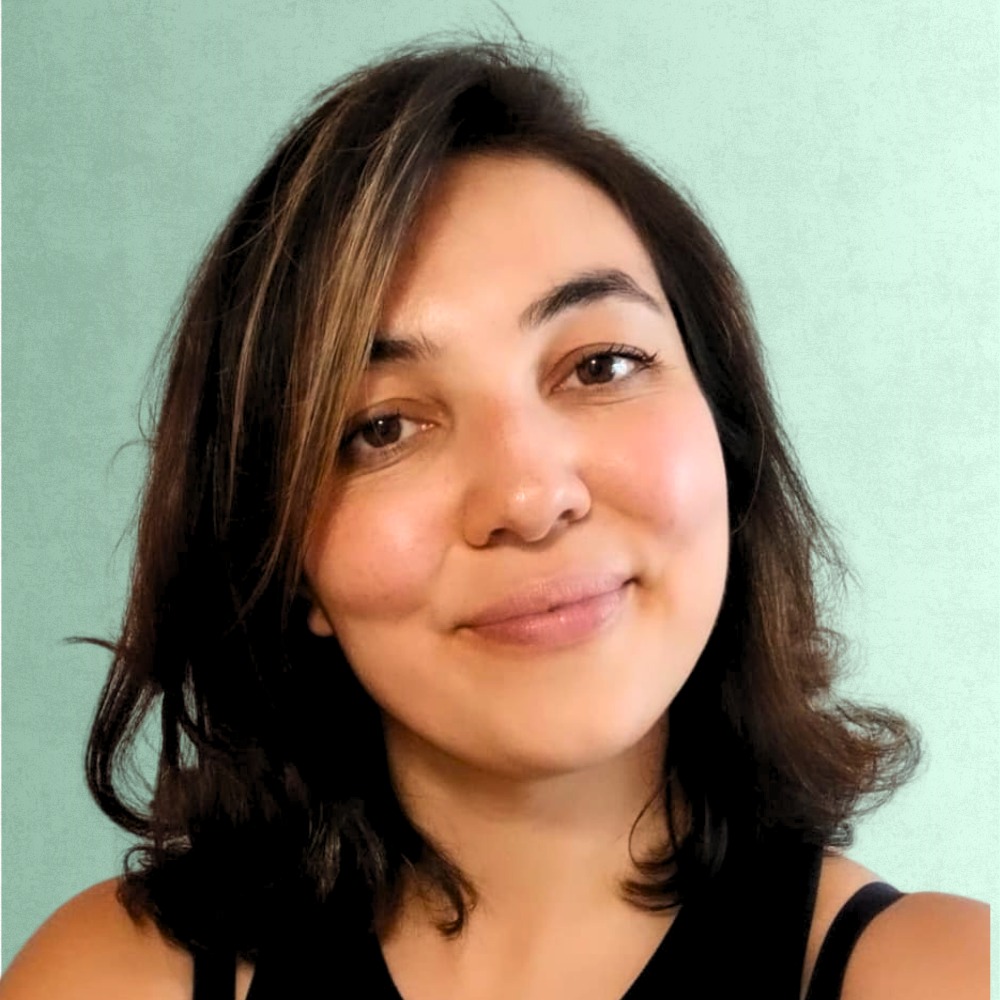
Tatjana Schmidt
- Scholar
- Germany
- 2022 PhD Clinical Neurosciences
- St Catharine's College
Neuroimaging is a topic I first came across during introductory courses as an undergrad in psychology, and the fascination with it remained in the back of my head for a long time. However, only during my Master’s degree in systems neuroscience I realized that it could be not just a research method, but a research subject of its own. Luckily, I could conduct the research for my Master’s thesis at the Laboratoire de recherche en neuroimagerie in Lausanne, where imaging neuroscientists shared their expertise and love for MRI with me. During my PhD in Clinical Neurosciences with Dr. Tim Rittman I will use multimodal MRI, post-mortem data and machine learning techniques to examine how tau pathology (a hallmark of various neurodegenerative diseases) progresses in the brain. Apart from science, I care about science communication and mental health advocacy. Therefore I’m a board member of two nonprofit organisations—the German Brain Bee (a neuroscience competition and outreach programme for highschool students) and Blaupause Gesundheit (an organisation for mental health awareness/support for health professionals). I’m honored to be joining this community and hope I can contribute to it as well as meet wonderful like-minded people.
Previous Education
Philipps-Universität Marburg Systems Neuroscience 2022
Bayerische-Julius-Maximillians-Universitat Wurzber Psychology 2019
Ludwig-Maximilians-Universitat Munchen Economics 2015
Links
https://www.rittman.uk
https://www.linkedin.com/in/tatjana-schmidt-793a78b0
William Schmidt
- Alumni
- United States
- 2009 MPhil Criminology
2010 PhD Criminology - Trinity Hall
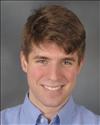
William Schmidt
- Alumni
- United States
- 2009 MPhil Criminology
2010 PhD Criminology - Trinity Hall
I am currently conducting research in the Institute of Criminology for my PhD. Specifically, I am investigating the causes of wrongful convictions. My current project involves a quantitative examination of the causes of wrongful convictions in a sample of cases investigated by the Criminal Cases Review Commission, a public body tasked with overseeing claims of miscarriages of justice in the UK. After completion of my PhD, I hope to continue empirically evaluating legal practices in order to promote more effective criminal justice law and policy reform.
Johanna Schmidtke
- Alumni
- United States
- 2002 PhD Physics
- Churchill College

Johanna Schmidtke
- Alumni
- United States
- 2002 PhD Physics
- Churchill College
Juan Schnettler Fernández
- Alumni
- Germany
- 2016 PhD Biochemistry
- Darwin College
Juan Schnettler Fernández
- Alumni
- Germany
- 2016 PhD Biochemistry
- Darwin College
Previous Education
University of Konstanz
École Normale Supérieure de Paris
University of Cambridge
Anna Kathryn Schoefert
- Alumni
- Germany
- 2011 PhD History and Philosophy of Science
- Downing College
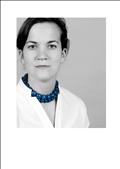
Anna Kathryn Schoefert
- Alumni
- Germany
- 2011 PhD History and Philosophy of Science
- Downing College
With the generous support of the Gates Cambridge Trust, I am starting my PhD in the History and Philosophy of Science. My doctoral research concentrates on mid-twentieth-century wet brain collections and material cultures in neurosciences, psychiatry, and neurology, illustrating the interdisciplinary and collaborative nature of brain-related research; the transnational context of locally produced knowledge; and the consequences of spatial arrangements of basic research, clinical practice, and industry-led studies. It aims to provide a desperately needed historical perspective for mid-twentieth-century medical collections in neuropathology, many of which have been dissolved, archived as museum collections, or re-investigated with contemporary methods in the last two decades.
Alan Schoenfeld
- Alumni
- United States
- 2002 MPhil Education
- Clare Hall

Alan Schoenfeld
- Alumni
- United States
- 2002 MPhil Education
- Clare Hall
Jonathan Schoenfeld
- Alumni
- United States
- 2002 MPhil Biological Science
- Churchill College

Jonathan Schoenfeld
- Alumni
- United States
- 2002 MPhil Biological Science
- Churchill College
Stefan (Andi) Schubert
- Scholar
- Sri Lanka
- 2022 PhD History
- Gonville and Caius College
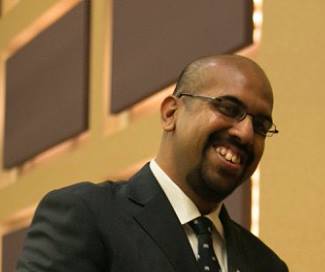
Stefan (Andi) Schubert
- Scholar
- Sri Lanka
- 2022 PhD History
- Gonville and Caius College
Growing up during Sri Lanka’s civil war and contending with its ethnic conflict as the child of parents from different ethnic minorities, I quickly became familiar with history’s capacity to both exacerbate and/or transform conflict and violence. Working in English and Cultural Studies, my research since the end of the civil war in 2009 has explored how history can be used to challenge received frameworks of analysis and transform the worlds we inhabit into more just, equitable, democratic, and peaceful spaces for all communities in Sri Lanka.In 2016 I completed my MA as a Fulbright scholar at Kansas State University, USA. My dissertation focused on how shifts in definitions of ethnic categories shaped Sri Lanka’s first experience of national-level democracy at the turn of the 20th Century. As a graduate student in History at Cambridge, I build on this work to consider how conflicts over registers of time have shaped articulations of ethnic identifications after the British took control of the entire Island in 1815.
Previous Education
Kansas State University English-Cultural Studies 2016
University of Kelaniya English 2009
Daniel Schuldes
- Alumni
- Germany
- 2004 MPhil Economics
- Trinity Hall

Daniel Schuldes
- Alumni
- Germany
- 2004 MPhil Economics
- Trinity Hall
Originally from Germany, I look forward to experiencing Cambridge, both as an intellectual challenge as well as a cultural experience. The Scholarship gives me the exceptional opportunity to further my knowledge in Economics- a subject that attracts me since it helps to explain what forms world events. Afterwards, I hope to complete a PhD and work for an international organisation. In my free time, I hope to have a great time getting to know all my fellow scholars.
Joel Schumacher
- Alumni
- United States
- 2003 MPhil International Relations
- Darwin College

Joel Schumacher
- Alumni
- United States
- 2003 MPhil International Relations
- Darwin College








